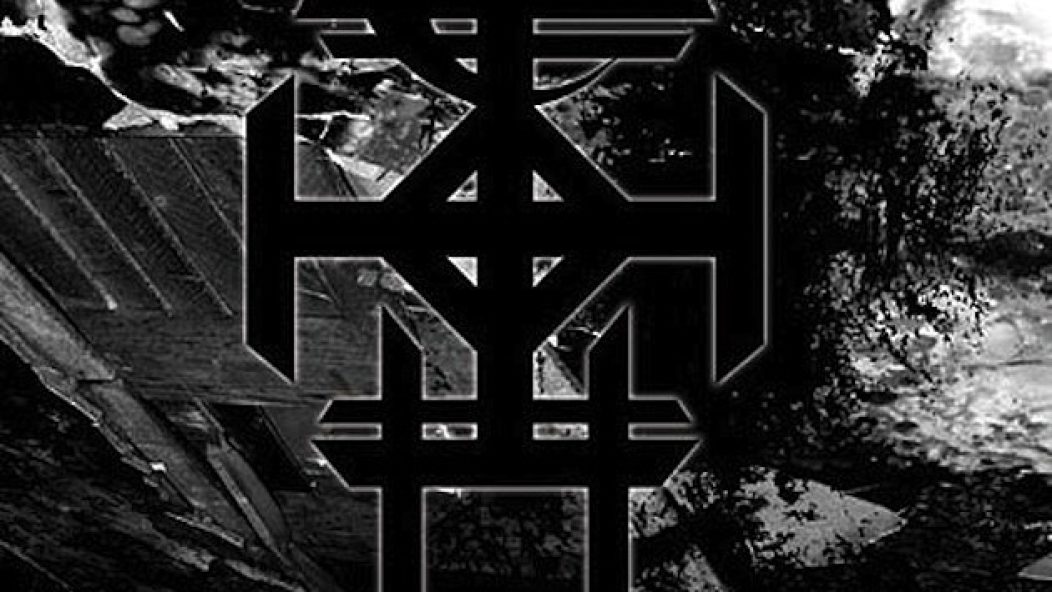
Corrections House - Hoax the System 7-inch
. . .
Corrections House is a vessel from which four veteran musicians pour forth their end times manifesto. Comprised of Scott Kelly (Neurosis), Bruce Lamont (Yakuza), Sanford Parker (Nachtmystium), and Mike IX Williams (Eyehategod), the collective recently released a two-song 7”, Hoax the System/Grin With a Purpose, with accompanying videos directed by Brian Sowell of Mortichrome Productions.
. . .
http://www.youtube.com/watch?v=RFrr4uXDihM
“Hoax the System”
. . .
A ringing feedback drone sets the atmosphere in “Hoax the System”, followed by the commanding march of quarter-note thumps which form the framework for the rest of the song. Once Williams snarls, “Morale is always dangerously low”, a heavy industrial vibe has infected the music, adding a foreboding yet aggressive platform for the singer to continue his predictions of wars not yet fought and the erosion of personal freedom.
Scott Kellys’ guitar ebbs and flows with the rhythm, a perfect adjunct to the uneasy noise divined from Lamont’s saxophone and Parker’s synth work. The chorus is catchy in its simplicity, and each time it is repeated there is a sense of something growing, something primal that has been caged for too long, ready to rip and tear. After a brief moment of calm, the cage is opened. As Williams howls the songs title repeatedly, Kelly, Parker, and Lamont release staccato bursts with the precision and power of a machine gunner laying down suppressing fire. The saxophone and effects deepen into an ancient, tribalistic atmosphere, while, gradually, samples are added to the tension until the song implodes on itself into squelches and drifts away.
. . .
“Grin With a Purpose”
. . .
“Grin With a Purpose” is an entirely different affair. Shedding the up-front intensity of “Hoax” and opening with a heartbeat pulse intermingled with effects, the song has Williams quietly (relatively speaking) muttering his vagrant scriptures with a vocal echo that makes everything seem an afterthought. The spare, almost structureless guitar is accented by swirls of noise that could be coming from Parker, Lamont, or both. Having not seen them live, it is a challenge at times to distinguish who is doing what.
There are quick flashes of light inside the fuzzed-out cloud, and as the song progresses Kelly oozes out a tone that brings to mind Ry Cooder musing about Revelations. A cold hiss loops constantly beneath all of this, and soon the heart is beating more urgently, building into a crescendo of defiant hopelessness. When Williams states, “I will despair of the future, and be justified”, one only has to look at the evening news to see his point.
Live, each member of Corrections House plays a solo set before collaborating on these group songs, making them anonymous in the face of what they have channeled.
This anonymity is a recurring theme throughout the group. Corrections House is not a mash-up of the members’ respective bands; listening to this without knowing the players, you would be hard-pressed to identify them. Williams is the only giveaway, as his vocals are immediately recognizable, yet still more restrained from his work in EHG. Adding to the facelessness are the official videos: Hooded, masked, menacing figures, abandoned cages, blades, shapes retreating into the shadows of ruins, cloud-shrouded mountaintops. It all leaves the viewer with a sense of dread and unease. Sowell, who also plays with Parker in Chicago doom legends Buried at Sea, masterfully uses the symbolism evoked by the group’s logo to further the apocalyptic themes of the band. The video for “Grin” is a drive through a landscape that would have Cormac McCarthy scrambling for Valium and a pen in the middle of the night.
Corrections House are recording a full-length album, and it will be fascinating to see how it turns out. This is music that challenges, performed by people who have devoted their lives to their art. I wouldn’t recommend it to those who can’t get past their expectations, but for those who can, these songs of insurgency, prophecy, and anonymity are a perfect soundtrack to the collapse of society and the dark, looming future after its fall.
. . .











